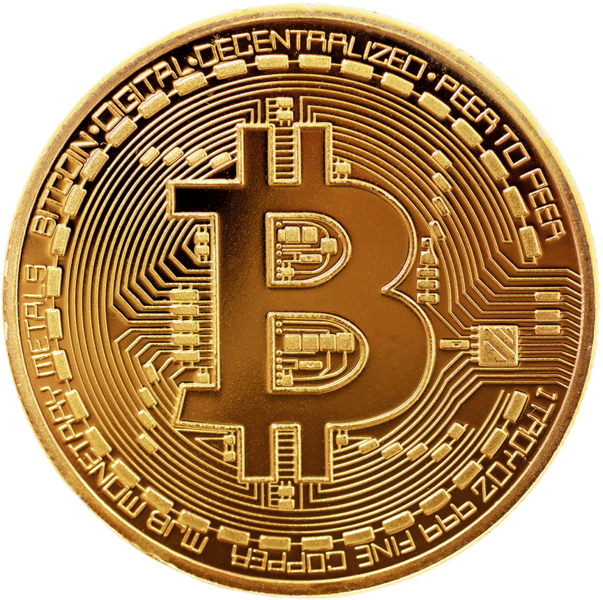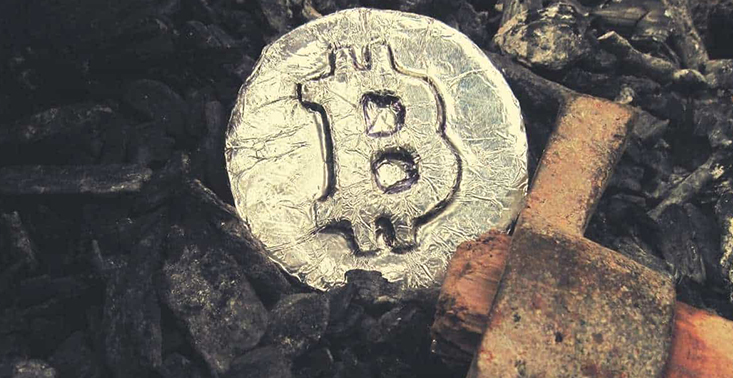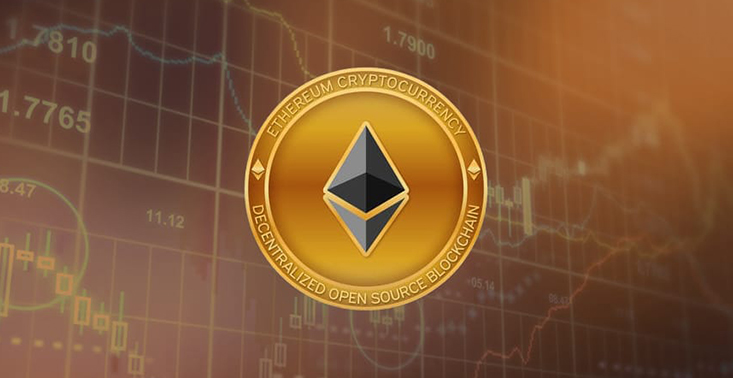After a 20% drop in two weeks due to expectations of a US Federal Reserve interest rate hike and an increase in the number of Omicron cases, Bitcoin has turned the tide this week, regaining control of the significant psychological mark of $41,000. It is presently trading at $43,750, up 2% over the previous 24 hours. All of the top 20 cryptocurrencies have begun to march forward as a result of the shift in attitude, with meme coins Shiba Inu (SHIB) and Dogecoin (DOGE) leading the charge. We'll take a quick look at the important stories surrounding the bitcoin industry in this post.
Firms and nation states bank on Bitcoin
Strike, a lightning-powered payments system, has launched Bitcoin services in Argentina. Argentines will be able to send Bitcoin remittances, get Bitcoin tips on Twitter, and use Strike's peer-to-peer transaction services as a result of this. Argentina was the first step in the company's aim to grow throughout Latin America, according to an official statement. Strike is already behind a service that lets people to tip creators on Twitter.
The Central Bank of Iran (CBI) and the trade ministry have reached an agreement that would allow local merchants to use cryptocurrency to facilitate international trade. This deal is reportedly said to circumvent the US economic sanctions related to the nuclear program. However, Iran is shutting down Bitcoin miners in order to ease the strain on the country's power plants.
Solo miner bags 6.25 BTC
This week, the crypto industry saw a unique mathematical anomaly. The Bitcoin mining lottery was won by a solitary miner with low hashpower, who received 6.25 BTC as a reward. Typically, public Bitcoin miners have 10,000 times the mining capability of the winner.
The technique through which new Bitcoins are created is known as mining. Bitcoin miners compete against one another using special computers known as ASICS to solve a mathematical problem in order to earn the opportunity to mine a block (verify transactions) and be rewarded (in BTC) for their efforts (electricity, equipment etc). If you have a lot of ASICS, which translates to more hashpower, your chances of earning a chance to mine the block increase (metric to measure computing power).
Jack Dorsey aids Bitcoin devs
Jack Dorsey, the CEO of Block (previously Square), has advocated the establishment of a Bitcoin Legal Defense Fund to assist Bitcoin developers in dealing with mounting litigation. Its services will be put up in such a way that developers will be able to use them for free if they so desire. The Bitcoin Legal Defense Fund would essentially function as a non-profit organisation that would aid in the recruitment of defence counsel, the development of legal strategy, and the payment of legal bills. A team of volunteers and part-time lawyers will be available to developers for legal advice through the fund.






